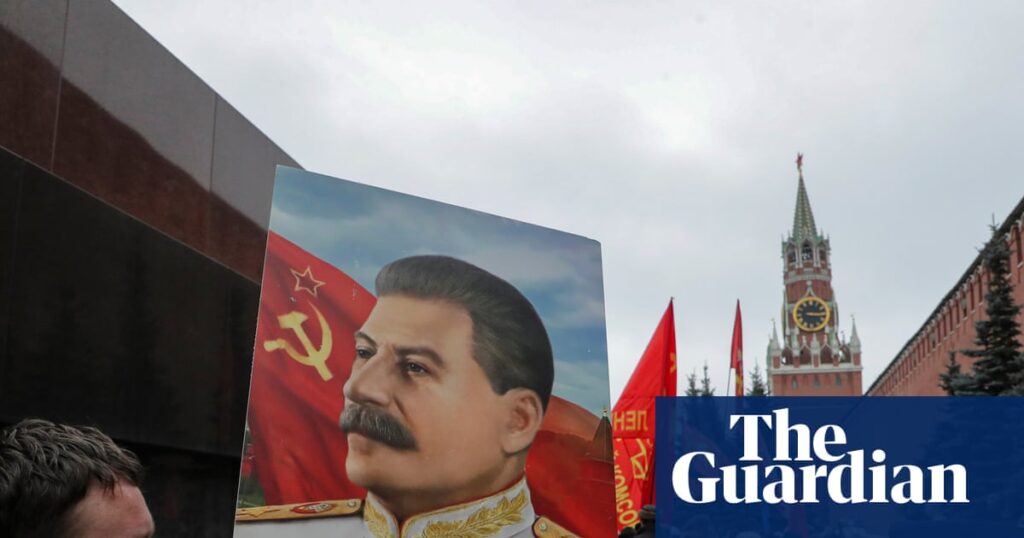Like Vladimir Putin, Joseph Stalin was interested in immortality (‘To them, ageing is a technical problem that can, and will, be fixed’: how the rich and powerful plan to live for ever, 28 September). In 1939 he read Prolonging Life, a pamphlet promising a lifespan of 150 years, by Aleksandr Bogomolets, a haematologist famous for his rapid-healing serums and blood transfusion methods.
Bogomolets promised to prolong life with cytotoxic proteins, herbs and transfusions of young blood. Stalin made him a Hero of Socialist Labour and gave him generous research funding, but was dismayed when he died aged 64 in 1946 (this was hardly Bogomolets’s fault – as a boy in Tsarist times, he visited his mother, a revolutionary serving a sentence of hard labour in a Siberian prison, and caught tuberculosis).
Donald Rayfield
Emeritus professor, Queen Mary University of London
Aleks Krotoski says dictators and US techno-billionaires are striving for immortality. They should read After Many a Summer by Aldous Huxley, a novel about a Hollywood millionaire who tries to achieve immortality, but regresses to an ape‑like creature in the process.
The book is partly seen as reflecting science showing that embryo development takes a foetus through stages resembling a worm, a fish, a tailed rodent-like creature etc. Hence returning an adult human body to a younger stage might reverse this evolutionary process. But the book has also been seen as reflecting the narcissistic obsession with eternal youth in the US that Huxley had moved to.
So has anything changed in the intervening century? Certainly not the obsession, which if anything has become stronger. Perhaps Vladimir Putin is already undergoing transfusions with “rejuvenating” blood, sucking, vampire-like, the blood of young Russians?
Joseph Ulanowski
Cambridge

